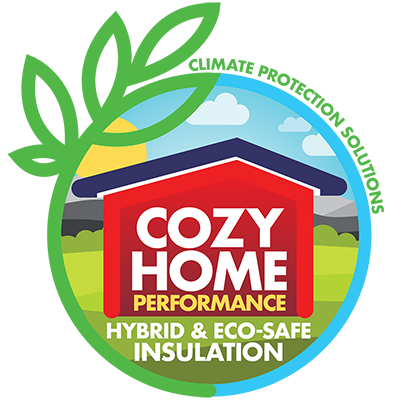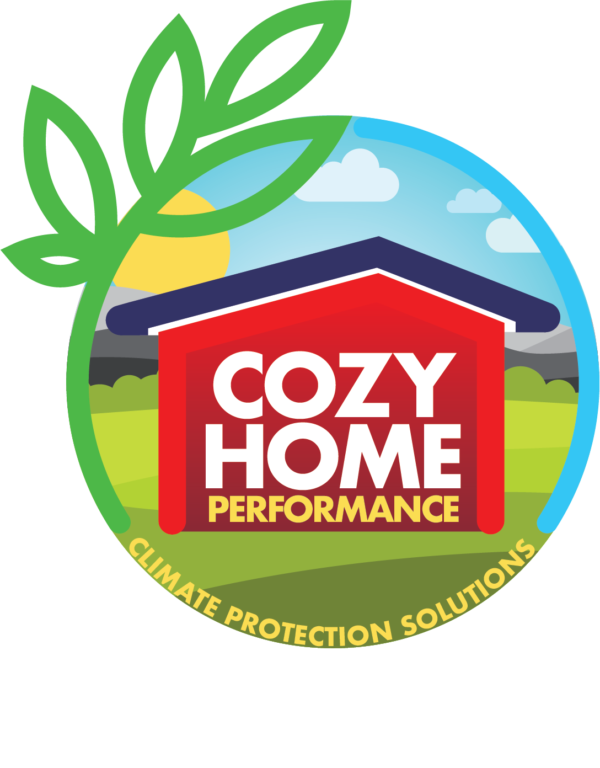The quest for Sustainable zoning changes in Northampton
Post Updated: February 22, 2010
The Zoning Revisions Committee is charged with recommending to the planning board zoning changes to support the Sustainable Northampton master plan adopted in January 2008. Sustainable Northampton, as a true comprehensive city plan, delicately walks a line as thin and convoluted as the overarching theme itself: Sustainability. In its effort to spell out and guideContinue reading
The Zoning Revisions Committee is charged with recommending to the planning board zoning changes to support the Sustainable Northampton master plan adopted in January 2008. Sustainable Northampton, as a true comprehensive city plan, delicately walks a line as thin and convoluted as the overarching theme itself: Sustainability. In its effort to spell out and guide us towards meeting the long and short term needs of our city in regards to economy, environment, and social (equity), the Plan meanders and nods in a way that contrasts the dramatic changes currently being called for in our nation. If the plan aims to commit the city to be model community for sustainable policies and practices, it needs to go further. The vision presented is dated to January 2008- pre-stimulus, pre-Green Communities Act, pre-economic downturn- circa Bush years.
As a member of the ZRC and more specifically the Energy sub-committee, I am compelled to consider that our task is to approach zoning changes as a way to refashion the Sustainable Northampton Master plan. This involves using zoning creatively and to walk our own fine line of long-term and immediate changes that can regulate and incentivize us to a Sustainable Northampton today as well for our kids.
What is sustainability anyway? No matter how you spin it, sustainability comes down to value systems and fundamental mental models of individuals. In other-words, a sustainable future is dependent on a collective change of the idea of success and therefore, ourselves. Yet without going off the deep ecology tipping point, the most important broad shifts that relate to sustainability are happening now; we have begun to seriously re-examine the notions of economy, environment, and social equity.
We can thank the economic downturn in part for the current re-examination of the endless-growth-economy. The notion of ‘environment’ is changing in amazing ways; dualistic environmentalism as my parents think of it- is indeed dead. The mitigation of the affects of global warming are dependent on us living in healthier and denser urban environments. The cities must be alive with the sounds of bio-regionalism, form based urban design that inspires useful function, and a re-imagination of how we build our structures (mainly raising our standards for what healthy and efficient existing homes are.)
I am eager to look at ways zoning can be used to enhance how we use and create, and therefore regard, Energy. The Green Communities Act has positioned Massachusetts to be the critical mass to affect policy nation wide in regard to how we value, create, and use energy. Aggressive energy codes will soon mandate higher quality new construction and major renovations. This is further extended with the ‘stretch code’ that will mandate even higher energy standards. Our task is to look beyond the buzz words used in the Sustainable Northampton plan of ‘green building’ and LEED points. It is time to re-examine how zoning, the dry regulatory tool, can be employed to incentivize doing the right thing; making the dramatic leap toward a truly sustainable future.

